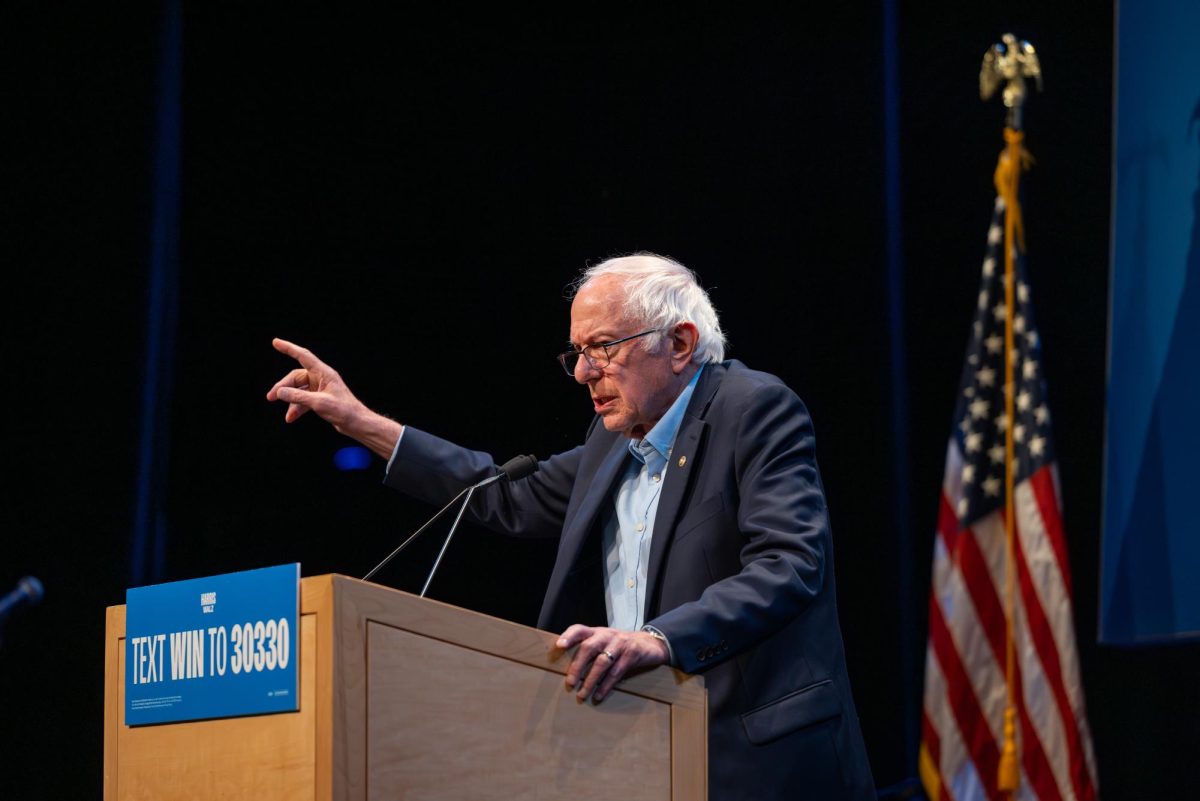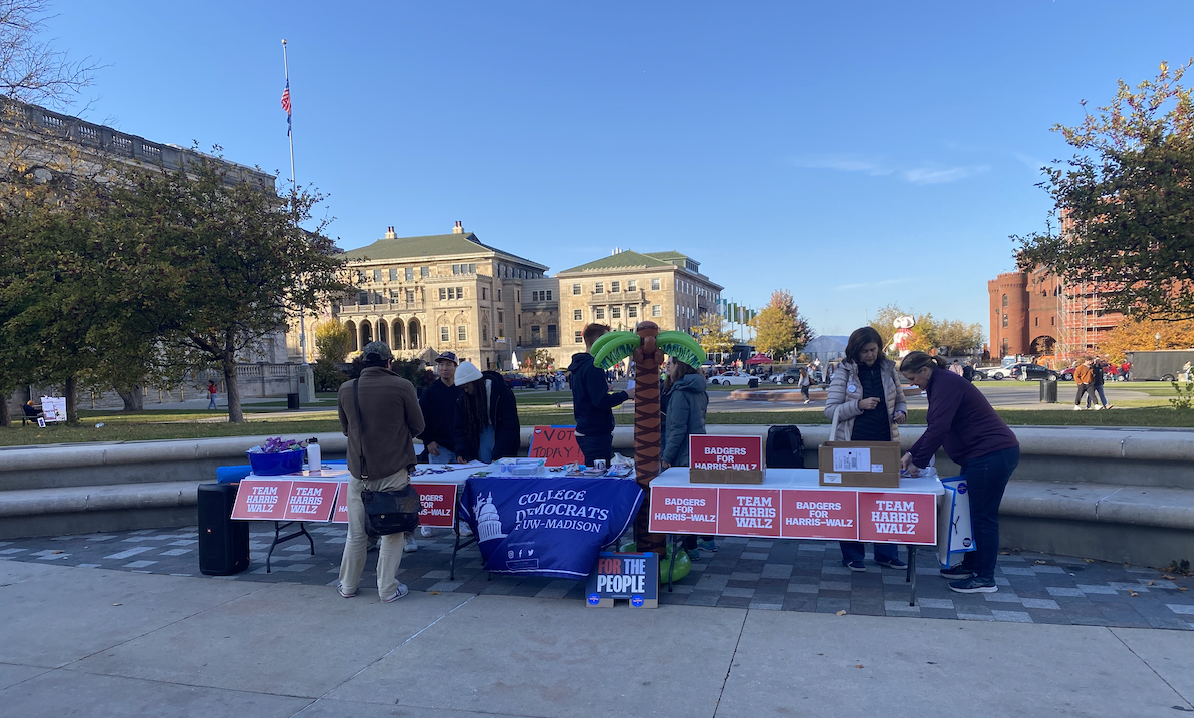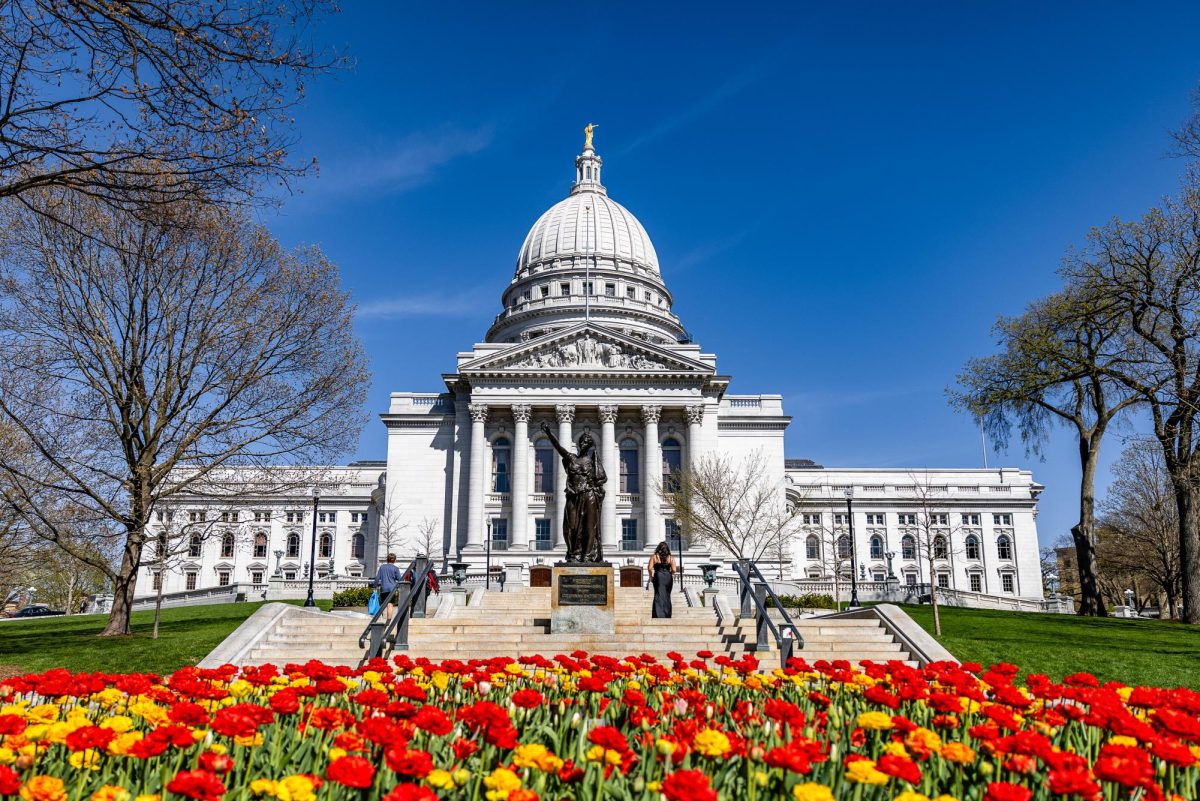Despite the U.S. Supreme Court’s recent ruling that the president’s health care law is constitutional, Gov. Scott Walker will wait until the November elections to decide the extent to which the law will be implemented in Wisconsin.
Last month, the Supreme Court ended two years of speculation on whether the law would be struck down by upholding its main provisions on a 5-4 vote.
Hours after the decision, Walker released a statement that said Wisconsin will not take any action to implement Pres. Barack Obama’s health care law, adding that he is hopeful “political changes in Washington, D.C., later this year” will ultimately end the implementation of this law at the federal level.
The law requires that by 2014 states have online marketplaces called exchanges where consumers can evaluate and choose coverage options offered by private insurance companies.
According to a publication by the Centers for Medicare and Medicaid Services, states can choose to set up and operate their own exchanges, have a partnership exchange or have federally-facilitated exchanges, which would also be the outcome if states refuse to set up their own exchanges.
University of Wisconsin School of Nursing professor Linda Reivitz, a former secretary of the Wisconsin Department of Health and Social Services, said states have to present their plans to the federal government by Nov. 16, and if Obama is re-elected 10 days before the deadline, Wisconsin’s plan will not be well-developed.
However, Reivitz added since the federal government is “anxious” for states to establish their exchanges on their own, so they may work with states like Wisconsin past the deadline in order to do so.
A White House fact sheet said one of the law’s most popular provisions, keeping young adults on their parents’ health insurance until they turn 26, will help bring down the rate of young adults who are uninsured, currently the highest rate out of any other age group.
A press release by the College Republicans National Committee released after the court decision said young adults would be harmed by the law by creating further uncertainty in the job market.
The statement said the president’s healthcare law puts a burden on taxpayers and has “shown to stifle growth in an already grim labor market.”
The law also expanded Medicaid by increasing the program’s income eligibility although the court struck down a part where the federal government would take away all existing federal Medicaid funding if a state did not participate in the expansion. This decision led to Walker, along with a handful of other Republican governors, turning down the Medicaid expansion.
According to UW School of Medicine and Public Health professor Jonathan Jaffery, states that have denied the expansion might face pushback from health care providers and consumer advocacy groups, which might eventually force the states to take the “unprecedented level” of federal dollars in the expansion.
“Given that under the [law], the federal government pays 100 percent of the cost of expansion in the initial years, and never less than 90 percent,” Jaffery said, “I think the benefit of expanding access to health care for some of our most needy and at risk populations is good policy, the right thing to do, and should be good politics as well.”













